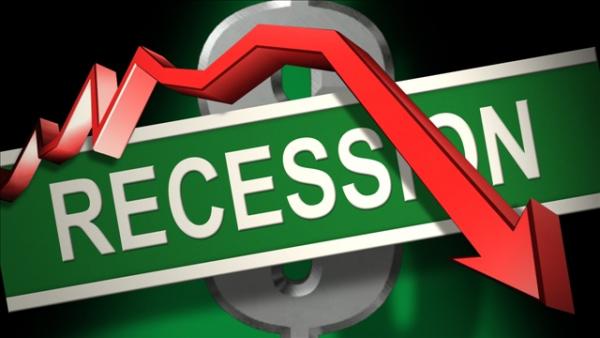
Nigeria, Africa’s biggest economy is officially in a recession. The latest growth figures show the economy contracted by 2.06% between April and June.
Nigeria has been battling low petroleum prices, attacks by oil militants and foreign currency shortages with recent data showing that the gross domestic product (GDP) declined by 2.06% and the oil and import dependent economy declined by 0.36% in the first quarter of the year.
Crude oil sales amount to about 70% of the government income and that has been greatly affected as the price of oil has fallen from the highs of $112 a barrel in 2014 to below $50 a barrel at the moment. Outside the oil industry, figures show that the fall of the Naira also hurt the economy as the non-oil sector in the country also declined by 0.38%.
According to critics, government policies as well made a bad situation even worse. The decision to delay the devaluation of the Naira meant most businesses struggled to get foreign currency to pay for imports,which had a cooling effect on the entire economy.
Foreign investors, wary of the Nigerian government’s controversial currency peg avoided pumping money into the country which led to a record decline in capital importation,reported Nigeria’s National Bureau of Statistics. The $647.1 million worth of capital inported into Nigeria in the second quarter of the year represented a fall of 75.73% compared to 2015. “This provisional figure would be the lowest level of capital imported into the economy on record, and would also represent the largest year on year decrease” said the statistics agency.

